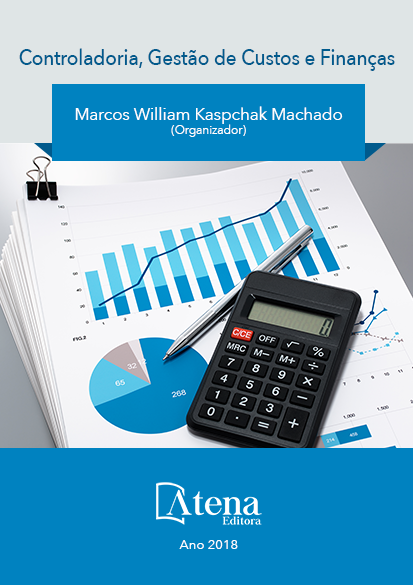
A IMPORTÂNCIA DO CONTROLE SOCIAL E DA EXECUÇÃO ORÇAMENTÁRIA NO FUNDO NACIONAL DE HABITAÇÃO DE INTERESSE SOCIAL: UM PANORAMA DA SITUAÇÃO ATUAL NAS REGIÕES DO BRASIL.
Nas sociedades modernas, os
orçamentos públicos servem como instrumento
de planejamento, permitindo à sociedade e
aos poderes competentes saberem quais as
intenções de gastos do governo, a fim de permitir
sua aprovação previamente à execução. Além
do mais, servem como instrumento de controle
ténico, político e social. A administração
pública tem o dever de proporcionar melhores
condições a todos, seja na forma de serviços
públicos, mecanismos de transferência de
renda e investimentos. Assim, o governo federal
assume a obrigação de implementar ações
no âmbito do Sistema Nacional de Habitação
Social (SNHIS), através do ministério das
cidades, órgão central do sistema. Anualmente,
são consignadas dotações na lei orçamentária
para financiar tal sistema, por meio do Fundo
Nacional de Habitação de Interesse Social
(FNHIS). Realiza-se neste trabalho um controle
social dos recursos previstos e executados
do orçamento geral da União no âmbito do
FNHIS, de forma a levantar dados acerca da
previsão orçamentária ao longo dos exercícios
financeiros, da respectiva execução e quais
ações estão sendo executadas, além de
entender o porquê de possíveis não utilizações
dos recursos previstos. Conceitos de
administração e de contabilidade pública são
apresentados a fim de subsidiar as análises.
Os dados são obtidos através dos valores
apresentados nas leis orçamentárias anuais –
LOAs – dos anos de 2014 a 2017 para o órgão
orçamentário 56902, que representa o FNHIS,
juntamente com os dados apresentados no
Portal da Transparência do Governo Federal e
com os relatórios de gestão fiscal entregues ao
Tribunal de Contas da União - TCU.
A IMPORTÂNCIA DO CONTROLE SOCIAL E DA EXECUÇÃO ORÇAMENTÁRIA NO FUNDO NACIONAL DE HABITAÇÃO DE INTERESSE SOCIAL: UM PANORAMA DA SITUAÇÃO ATUAL NAS REGIÕES DO BRASIL.
-
DOI: 10.22533/at.ed.22318271221
-
Palavras-chave: Habitação, FNHIS, Controle Orçamentário.
-
Keywords: Housing, FNHIS, Budget Control
-
Abstract:
In modern societies, public
budgets serve as planning tools, allowing
society and competent authorities to know
what the intentions of government spending
are, in order to allow their approval prior to
implementation. Moreover, they serve as an
instrument of technical, political and social
control. Public administration has a duty to
provide better conditions for all, whether in the
form of public services, income transfer mechanisms or investments. Thus, the federal
government assumes the obligation to implement actions under the National Social
Housing System (SNHIS), through the ministry of cities, the central body of the system.
Annually, appropriations are appropriated in the budget law to finance such a system,
through the National Social Interest Housing Fund (FNHIS). A social control of the
resources foreseen and executed in the general budget of the Union within the scope of
the FNHIS is carried out in this work, in order to collect data about the budget forecast
throughout the financial years, their execution and what actions are being executed,
besides understand why there are possible non-uses of the expected resources.
Concepts of administration and public accounting are presented in order to subsidize
the analyzes. The data are obtained through the values presented in the annual budget
laws - LOAs - from 2014 to 2017 for budget agency 56902, which represents the FNHIS,
together with the data presented in the Federal Government Transparency Portal and
the management reports issued to the Federal Audit Court - TCU.
-
Número de páginas: 15
- Artur Angelo Ramos Lamenha


